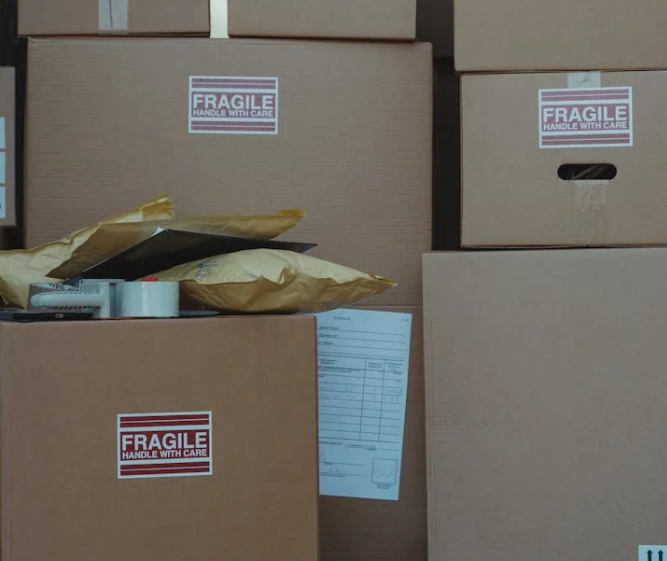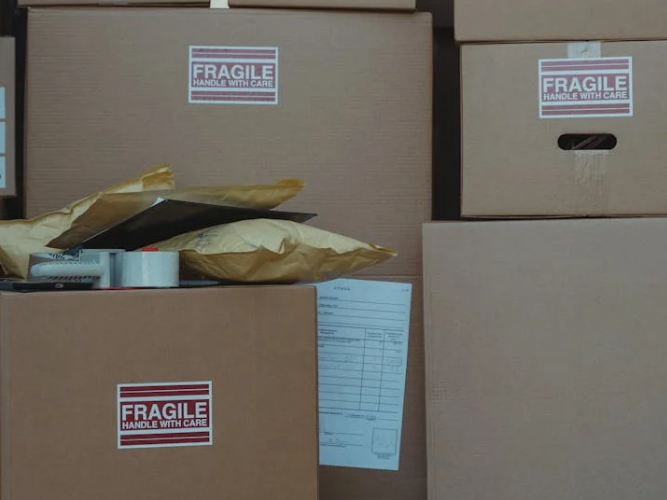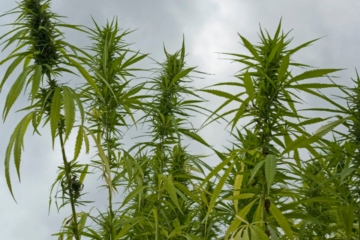A new federal bill could open up the U.S. Postal Service to marijuana deliveries, shaking up the cannabis industry and giving small growers a much-needed break from corporate dominance.
Lawmakers Jared Huffman (D-CA) and Val Hoyle (D-OR) have reintroduced a proposal that would allow licensed small cannabis producers to ship products directly to consumers—even across state lines—once marijuana becomes federally legal. It’s a bold move that some say could stop Big Weed from eating the whole pie.
An Industry on Edge
The cannabis industry is holding its breath. Federal legalisation seems closer than ever, but small growers fear what happens next.
The concern? That major corporations, already flush with cash and lobbying clout, will swoop in and crush the very people who nurtured the market during its early, riskier years.
This new legislation—called the Small and Homestead Independent Producers (SHIP) Act—aims to level the playing field. The idea is simple: give the little guys access to the same postal and shipping channels that Amazon-style cannabis companies will inevitably use.
And yes, that means potentially putting weed in the mail.

What the SHIP Act Actually Does
Unlike previous cannabis reform proposals that focused on decriminalisation or banking access, the SHIP Act is specifically aimed at market equity.
Here’s what the bill would allow—if and when cannabis becomes federally legal:
-
Licensed small and independent marijuana growers could use USPS and commercial carriers to deliver products directly to consumers.
-
This includes interstate shipping, not just within-state deliveries.
-
Eligibility is limited to “small or homestead” producers, with definitions based on farm size, ownership structure, and revenue.
That’s a significant change. Right now, growers are stuck within fragmented state markets, each with its own rules and restrictions. Shipping across borders is off-limits.
“This bill is about giving our small farmers a fighting chance,” said Rep. Huffman in a statement. “We’ve seen what happens in other industries when consolidation goes unchecked.”
David vs. Goliath: Can Craft Growers Survive?
There’s been a consistent pattern in agriculture: when federal regulations shift, big players move fast. Think poultry, think dairy, think wine. Cannabis could be next.
Small-scale growers, especially in legacy regions like Humboldt County in California or the Emerald Triangle, are already struggling. Legalisation brought taxes, compliance headaches, and an influx of venture-backed operators with deep pockets.
Many local cultivators are operating on razor-thin margins. According to a 2023 report by Leafly and Whitney Economics, more than 60% of small cannabis farms in California reported net losses.
If federal legalisation arrives without protections, some experts predict a flood of closures.
One Paragraph, One Sentence: It’s About Access
Mail-order weed could change everything.
Resistance from the Usual Corners
Of course, it won’t be smooth sailing. The idea of putting federally regulated cannabis into the postal system sets off alarm bells for some lawmakers, not to mention postal unions and state regulators.
Critics argue the infrastructure isn’t ready. The USPS has strict rules, and adding a high-value, perishable, regulated substance to the mix is no small thing.
There’s also the question of enforcement. Would this create new opportunities for illegal operators to mimic legal shipments? Would law enforcement be able to track it effectively?
And, maybe most critically, how would states with strict cannabis laws respond to out-of-state products landing on their residents’ doorsteps?
What’s in the Fine Print?
The bill outlines specific criteria to qualify as a small or homestead producer. Here’s a snapshot:
| Qualification | Requirement |
|---|---|
| Maximum Cultivation Area | 10,000 square feet or less |
| Ownership | Must be majority-owned by individuals (not corporate entities) |
| Sales Cap | Annual revenue below $5 million |
| Operational Structure | Must be independently operated, not part of a franchise or chain |
These tight restrictions are intentional. Huffman and Hoyle aren’t opening the doors for everyone—just the growers who’ve been holding on for dear life through decades of policy whiplash.
One-Sentence Paragraph Here
Even with bipartisan cannabis reform gaining ground, this bill still faces an uphill battle.
Why It Matters Now
The timing of this bill isn’t accidental. The Senate has taken steps toward marijuana reform. Banking access, expungements, and research funding are all being discussed. The White House has hinted at more lenient scheduling.
But none of that helps a small farm drowning in red tape and competition from vertically integrated conglomerates.
Supporters argue that legislation like the SHIP Act could add some real teeth to equity promises. It’s not just about legalising pot—it’s about who gets to profit from it.
In a statement, Rep. Hoyle said, “We want the folks who built this industry—many of whom took serious legal and financial risks—to still be standing when legalisation finally arrives.”




